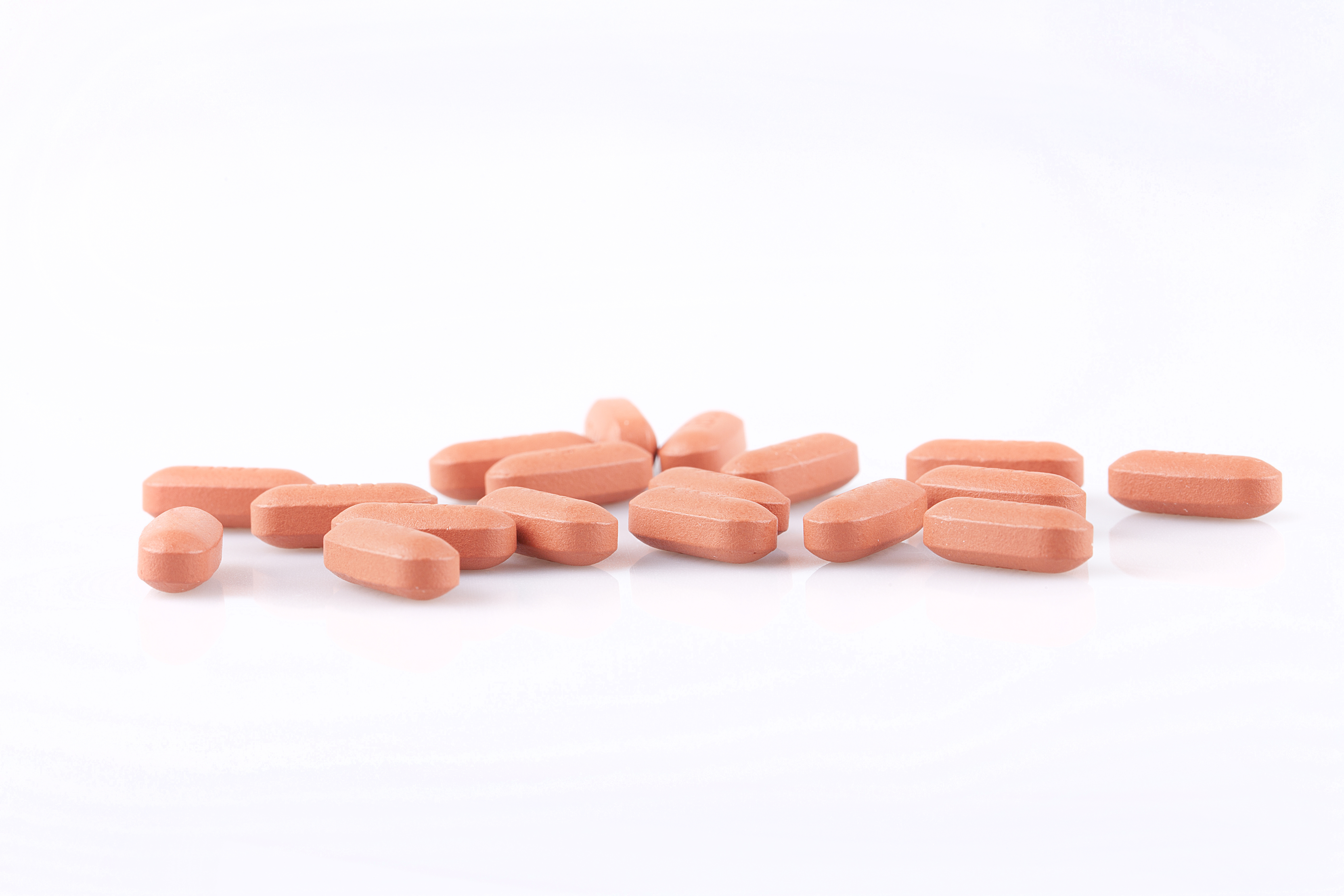Male reproductive health is declining and not just in the United States. Along with North America, both Europe and Australia have noted a dramatic decline in male sperm count. In the last 40 years, it has plummeted over 50 percent. But why? Researchers are concerned about this growing problem, and new research may provide some answers.
The study in question was published in January of this year, and it’s entitled, Ibuprofen alters human testicular physiology to produce a state of compensated hypogonadism.
But what exactly does “compensated hypogonadism” mean?
According to this and other studies, compensated hypogonadism is a hormonal imbalance in men. The International Society for Sexual Medicine explains that compensated hypogonadism is a condition in which there are normal testosterone levels, but higher levels of other hormones, called luteinizing hormone or, LH. This hormonal imbalance is “characteristic of men with sexual dysfunction.”
Luteinizing hormone is one of the several stimulatory pituitary hormones which were seen to increase in study participants.
But how does this imbalance occur?
Researchers looked to analgesics, or pain killers, such as ibuprofen, as a possible culprit when it came to male reproductive problems.
The study found that across a combination of different trials, there was a “univocal depression of important aspects of testicular function, including testosterone production, after use of over-the-counter ibuprofen.”
In short, the regular use of a simple painkiller like ibuprofen can actually interfere with a man’s endocrine system, leading to compensated hypogonadism. This in term can lead to infertility and erectile dysfunction.




